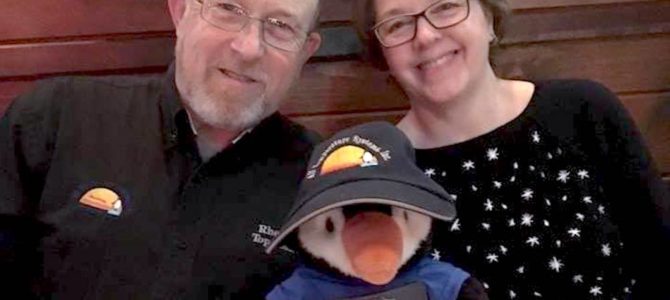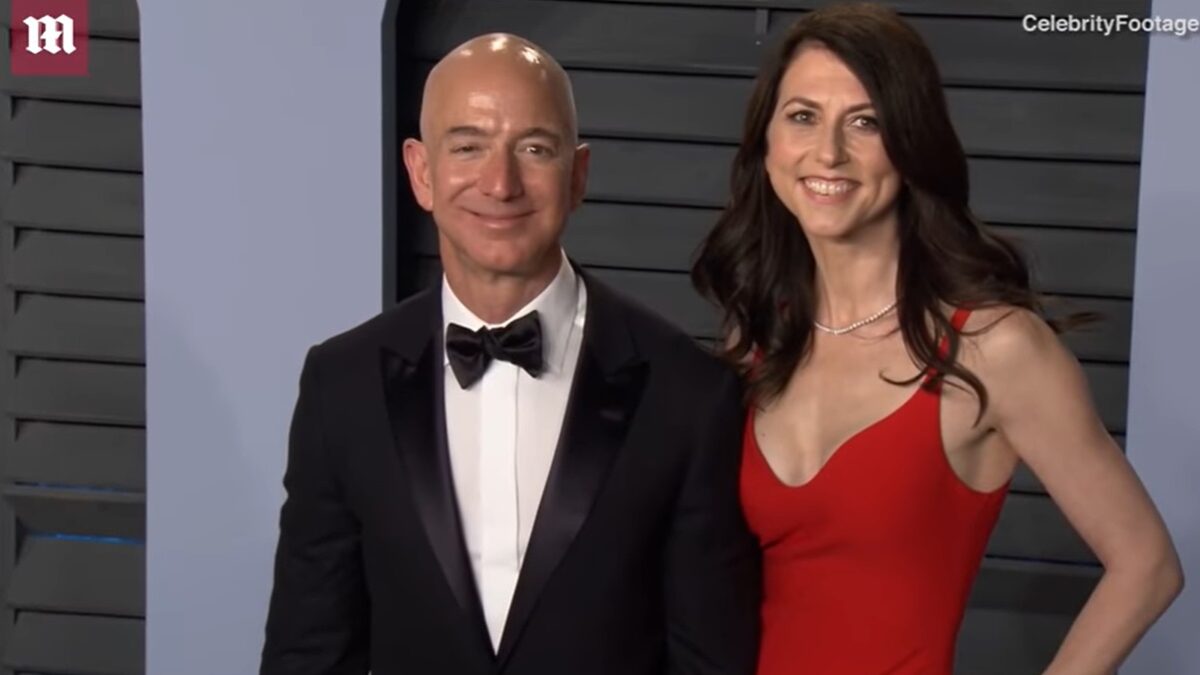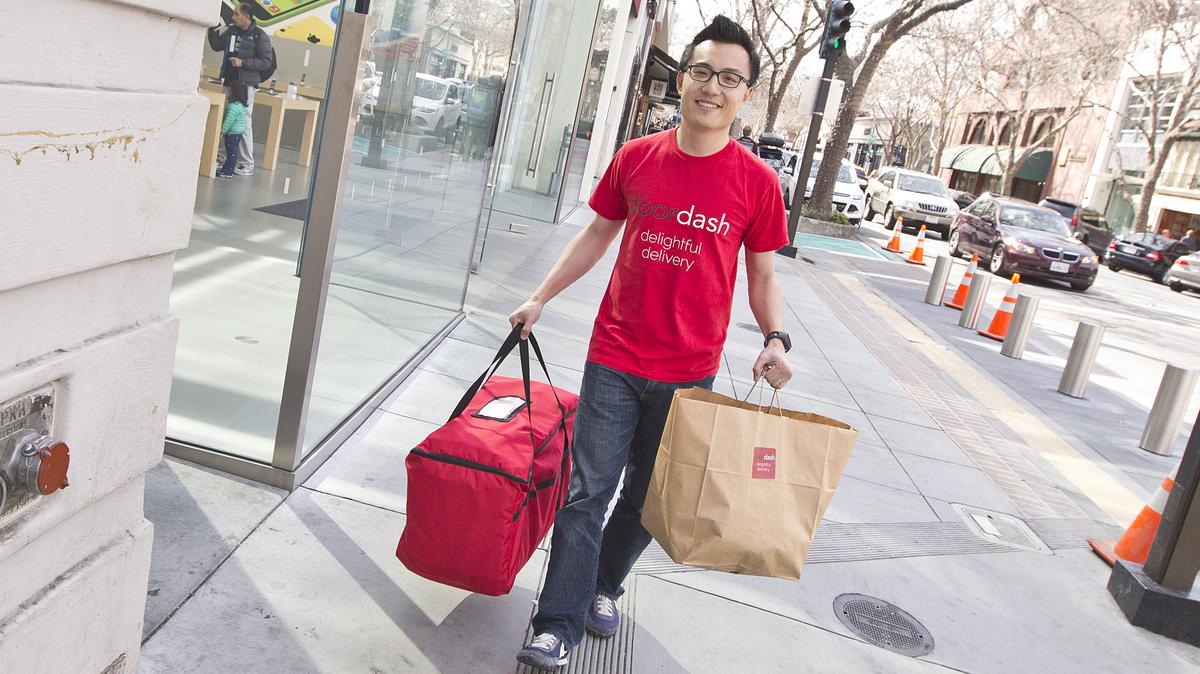
Gary and Judi Eubanks are one of a kind. Both in their 60s, Judi is a skilled pianist and Gary can often be found playing pick-up basketball with the young people he used to coach. They have two sons and a handful of grandkids, and they’re heavily involved in their local church, where Judi is one of the piano players and Gary is almost always either leading worship or fixing the heating or air conditioning.
That’s because the duo also owns All Temperature Systems, a heating, cooling, and refrigeration business situated about halfway between the Chain O’Lakes and Parfreyville in the 6,000-resident town of Waupaca, Wisconsin. Though this couple is unique, a big part of their story is all too commonplace: They’re victims of the debilitating worker shortage.

The Eubankses have been running the business since 1985, but back then it was called Omits Refrigeration Service. Just after their first son Joe was born, Gary and Judi were living in Houston and realized they didn’t want to raise kids in a city. So they moved up to Waupaca, the small town where Judi was born and raised, and took over Omits Refrigeration on April 1 that year so that its owner could retire. They acquired another heating and cooling business 15 years later in 2000 and became All Temperature Systems.
Though Gary was the only worker during those early years, the company now has eight employees aside from Gary and Judi, who are now about ready to sell the business and retire. But that’s easier said than done.
Federal COVID ‘Solutions’ Worsened the Worker Shortage
They know another person in the industry who had been trying to purchase a different business similar to theirs, but that endeavor was complicated by the fact that the business he wanted to buy had taken Paycheck Protection Program funds during the pandemic to keep its workers on payroll — something Gary and Judi also had to do.
“Last year when the pandemic hit, it just died as far as business. Restaurants were shutting, I mean, you know, government was shutting businesses down. We were an essential business because we keep people’s heat going during winter, so we had to keep going. But as it slowed down, we would have normally started laying guys off. Now, that’s a double-edged sword because if you lay guys off, well, somebody else is looking for a skilled worker, so they go find another job,” Gary said, his voice still dripping with Texas despite having left the Lone Star State more than three decades ago. “That was the reason for the PPP, so that you could still give your guys a 40-hour paycheck, and you don’t have to lay them off.”
The Eubankses said this other man in the industry hasn’t been able to buy a heating and cooling company despite his efforts since it’s been almost impossible to get a loan. That’s because banks look at some of the businesses that accepted PPP funds and are skeptical that they would have survived without the government — the same one that jeopardized their businesses in the first place with lockdowns — then bailing them out. Would they have been solvent if they hadn’t taken taxpayer funds? Banks speculate on this question and then might deny a loan.
Because Gary and Judi accepted PPP funds to retain their own workers when the government shuttered the types of businesses they would typically be servicing, they’re afraid a potential buyer won’t be able to get the funds to purchase All Temperature Systems, and that after more than 36 years of pouring into the business, they could be hung out to dry as they try to retire.

“You know, the PPP, we wouldn’t be in business last year without it, or we would have had to get a loan. So it benefited us,” Judi said, telling The Federalist that during the April, May, and June 2020 quarter when government lockdowns were in full swing, their revenue dropped by 28 percent. “But could it possibly come to hurt us at our age trying to retire?”
Recruitment Is Hard, Retention Is Impossible
It isn’t just about PPP funds though. For years, Gary and Judi have been on the hunt for a hard worker they could train to take over the business when they retire, which has been difficult amid the huge push for higher education and massive student loan forgiveness. They’re prepared to teach somebody the trade.
About four years ago, they found somebody from a different part of the state who had graduated from a tech school and just needed a little field training. They paid to move this man and his family to Waupaca, helped them get set up in a house, and employed and trained him for a year and three months — before he moved away.
“And so we train them, and then they’re gone,” Gary said.
The Eubankses then decided it would be better to invest in somebody from Waupaca who wanted to stay there. They called up all the high schools in the surrounding areas — “Wild Rose, Iola, Waupaca, Weyauwega,” Gary listed them off — asking the teachers from the industrial arts departments to contact them if they had any students who were mechanically inclined and wanted to learn a trade instead of going to college.
“We got zero calls from four schools,” Gary said.
Nobody Wants to Work

Aside from not being able to find someone to take over the business, Gary and Judi can’t even find people willing to work, period. Two years ago, they put a sign out in front of their business, which sits along a busy state road, advertising “Now Hiring. We Will Train” for three and a half months.
“Two guys stopped in to get applications. Neither one of them brought them back,” Gary said. “We’re willing to train you into a skill, I mean, into a trade here … And my wonder was, how many guys in their 20s went by delivering pizzas that summer, saw that banner, and never even came in?”
“People don’t want the responsibility,” Judi added. “They don’t want the headaches. Basically, most people don’t want to work today.”
The Eubankses have witnessed this problem for years, but now it’s far worse, with the coronavirus and subsequent government response exacerbating the worker shortage. Not only has the PPP come back to bite business owners like Gary and Judi, but increased unemployment handouts, taxpayer-funded stimulus checks, and the boom of remote jobs have wildly disincentivized would-be workers. And thanks to an ever-rising minimum wage, these trade businesses are now competing for workers with low-skill, low-responsibility jobs as well.
“I’m in restaurants working all the time,” said Gary, who often services commercial refrigerators. “I’ll be talking with young guys that are in there, chopping up onions in the kitchen, whatever. And I’ll ask them, ‘Have you thought about something else different? Trades?’ ‘Oh, no, I like my schedule here. I get to work kind of when I want to.’ And they’re not interested in a full-time job.”
“And now what the situation we’re finding is that people don’t want to start at the low end of the totem pole when they can go to Dairy Queen and make $19 an hour,” Judi chimed in.
Since it’s a skilled labor job, All Temperature Systems has to invest thousands if not tens of thousands of dollars to train a worker who doesn’t know the trade, but that same person can go to the local fast-food restaurant, make about as much as heating and cooling employees — if not more because Dairy Queen doesn’t provide benefits to those workers — and work the 20-30 hours a week that they want to.
“We’re a service industry. So it’s not like it’s 8 to 5 — there’s a lot of days, you get to go home early even. But when it’s cold, or when it’s really hot, you may be working till 7 or 8 at night, or even longer. Nobody wants to work that way anymore,” Gary said, blaming in part the COVID-era shift to remote work. “The pandemic has really changed the dynamics of trying to recruit people.”
You Can’t Compete with the Government
Beyond competing with minimum-wage jobs, Gary and Judi have also competed with government jobs and their cushy, taxpayer-funded benefits.
Several years ago, one employee who’d been with them for 16 years left to go work for lower wages at the county jail, where All Temperature Systems had long serviced the refrigeration equipment. So not only did the business lose an employee; it also lost an account because now the jail had in-house talent to work on its refrigerators. Another one of their employees left to work at the Wisconsin Veteran’s Home, a branch of Veteran’s Affairs.
“You’re not only trying to compete against other people with wages and stuff, but nobody, no private corporation out there, can compete with government benefits. I’m talking county, state, federal — it doesn’t matter. We can’t touch it,” Gary said. “That’s my tax dollars at work there.”
“I provide better insurance that I can’t even get for my employees, but they can go to the government and I still pay for it,” Judi said.
A Journey of Faith
It’s been a rough road at times for this couple, and though they’re humans who worry like the rest, they’ll tell you their journey is an exercise in faith and that they trust God with the outcome. As Gary says, “It’s all faith-based. God put us here. So we figured when God’s ready for us to be out, we’ll be out.”
“I think that hearing some of these other stories about people’s situations puts us in kind of a precarious position where we want to trust God, but we don’t know what obstacles we’re going to have to overcome,” Judi said.
“I tell you, there’s been plenty of times where it looked pretty, pretty, pretty bad. And I look back at my books, and I look back at our path … I look back at some of those years, and I don’t know how we did it,” she added. “The only way we put it is that it’s in God’s hands.”









